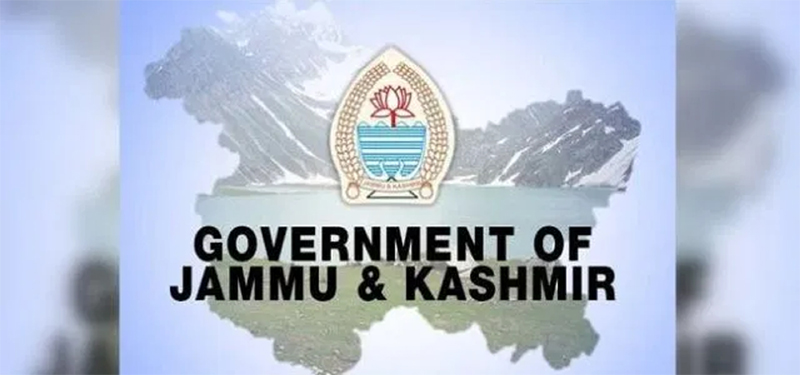Decision pending on several important aspects
*Even process of obtaining clearances yet to begin
Mohinder Verma
JAMMU, June 1: Even after the acceptance of the revised proposal by the Technical Advisory Committee of Union Jal Shakti Ministry, there is no clarity on the time-frame for start of work on Ujh Multipurpose Project in Kathua district as several important decisions are yet to be taken at the level of Union Government as well as the Government of Union Territory of Jammu and Kashmir.
Official sources told EXCELSIOR that modified proposal of Ujh Multipurpose Project was considered in the 148th meeting of the Technical Advisory Committee of Ministry of Jal Shakti in the meeting held on January 17, 2022. Accordingly, the revised proposal was accepted at an estimated cost of Rs 11907.77 crore.
In the earlier proposal, it was mentioned that project estimated to be completed at a cost of Rs 9167 crore will provide irrigation facility to 76929 hectares and it will also generate 196 Mega Watts of electricity. However, as per the revised Detailed Project Report, the project will be completed at a cost of Rs 11908 crore at December 2019 price level. Now, the project will be having irrigation potential of 91073 hectares of land but the power generation will be only 89.50 Mega Watts.
“However, even after the acceptance of revised proposal there is no clarity on the time-frame for the start of work on the project as decision on several importance aspects is yet to be taken either by the Government of India or the administration of Union Territory of Jammu and Kashmir”, sources informed, adding “J&K Power Development Corporation is acting as Nodal Agency for the project only on temporary basis and permanent authority for the execution of the project is yet to be selected by the Union Jal Shakti Ministry”.
It would be only after the selection of permanent authority that process of obtaining statutory clearances in respect of Defence, Tribal Affairs, Forest, Wildlife, Environment and all allied departments will begin. Moreover, Jammu and Kashmir Government has yet not taken any decision about its financial commitment towards the project, sources further said, adding “keeping in view all these aspects nobody is in a position to specify time-frame for start of work on the project”.
When contacted, Principal Secretary to Government, Irrigation and Flood Control Department Ashok Parmar said, “no doubt acceptance of revised proposal is a landmark achievement for us but certain other issues are required to be sorted out to pave the way for start of the work on the project”. He, however, failed to specify time-frame for the start of execution but claimed that project will be completed within six years after the start of work and once completed, it will store around 781 million cubic meter of water of river Ujh.
“I have asked the Deputy Commissioners of Kathua and Samba to constitute District Level Task Force to handle the issues of forest, environment and wildlife clearances, acquisition of land and shifting of utilities besides related matters”, Parmar said.
After completion of the project, utilization of waters of Eastern Rivers allotted to India as per the Indus Water Treaty will be enhanced by utilizing the flow that presently goes across border to Pakistan. Moreover, there will be alternate Canal System or Command System so that the surplus water not utilized by the parts of Kathua district should not inadvertently flow into Pakistan.
The Multipurpose Project is proposed to be built on River Ujh, one of the main tributaries of River Tawi. The proposed dam site is located at village Barbari about 1.6 kilometres downstream of Panjtirthi and the power house site is approximately 9.5 kilometres downstream of dam site near village Deoli.
“Though the project will not offer a very good return on capital investment but it will definitely bring improvement in socio-economic conditions of the people of the area and an improvement in farming practices and increase in yield will lead to the development of the area”, sources said, adding “it will also solve the drinking water problem of the people and provide relief from the miseries of flood”. Further, the project has the scope of indirect benefits such as pisciculture, tourism and other progressive development.


